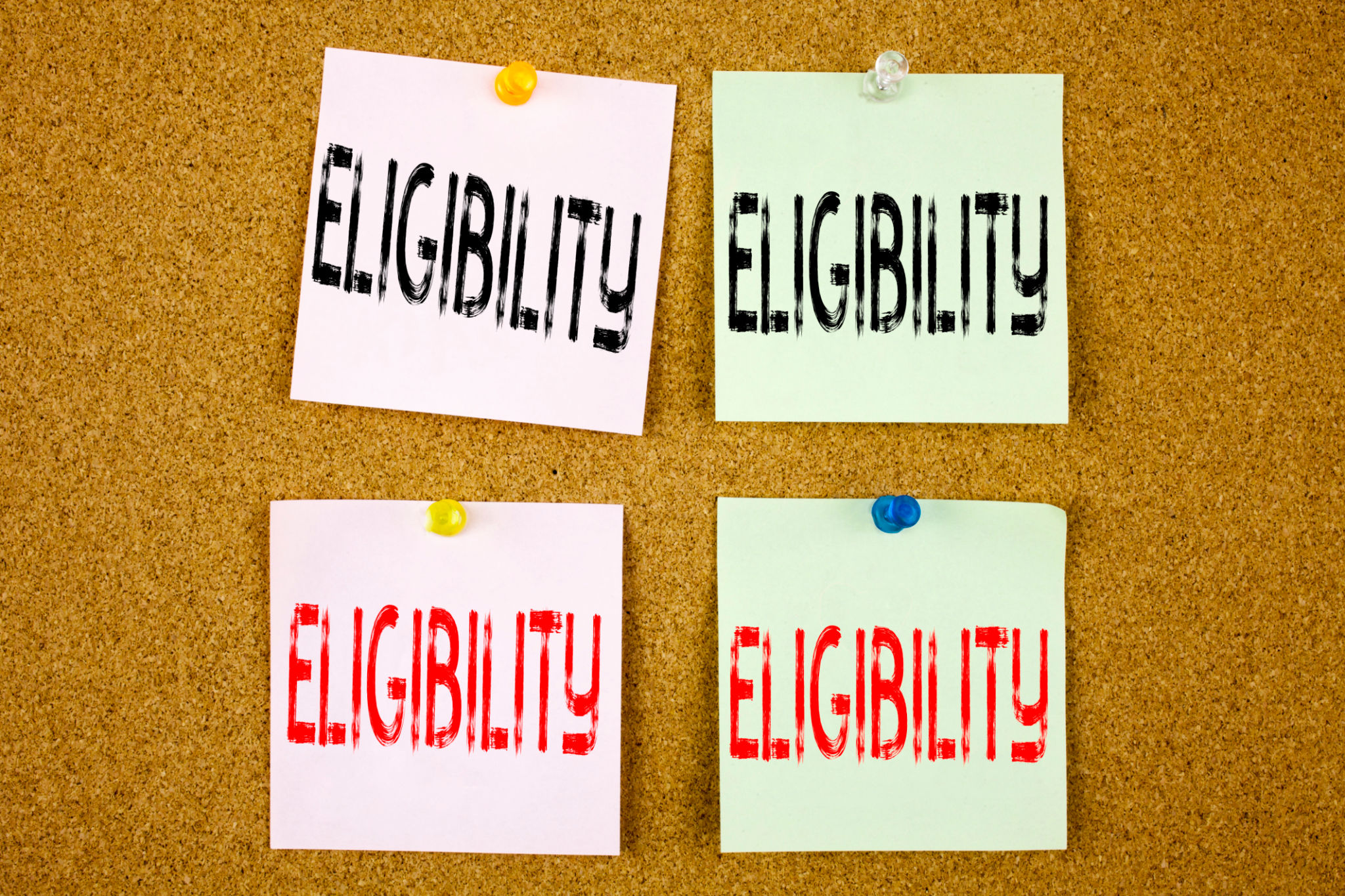Preparing for Economic Immigration: Essential Tips for New Applicants
MD
Understanding Economic Immigration
Economic immigration is a complex process that involves moving to a new country to work and contribute to its economy. This type of immigration often requires meeting specific criteria set by the host country, including skills, qualifications, and sometimes even language proficiency. Understanding these requirements is crucial for a successful application.

Researching Your Destination Country
Before applying, it's important to thoroughly research your destination country. Learn about its economy, job market, and cultural norms. This knowledge will not only help you determine if the country is the right fit for you but will also prepare you for any interviews or assessments that may be part of the application process.
Consider factors such as cost of living, available job opportunities in your field, and any required credentials or certifications. This research is essential in making informed decisions and increasing your chances of success.
Meeting Eligibility Criteria
Each country has its own set of eligibility criteria for economic immigration. These often include educational qualifications, work experience, and language proficiency. It's important to review these requirements carefully and ensure that you meet them before applying.

Gathering Necessary Documentation
Documentation is a critical part of the immigration process. Typically, you will need to provide proof of identity, education credentials, work experience, and sometimes language test results. Keep all documents organized and ready for submission to avoid any delays.
Make sure all your documents are up-to-date and translated into the required language if necessary. This will streamline the process and reduce the chances of any complications arising from missing or outdated information.
Preparing for Interviews and Assessments
Some economic immigration programs may require interviews or assessments to evaluate your skills and qualifications. Prepare thoroughly by practicing potential interview questions and familiarizing yourself with industry-specific terminology.

Additionally, you may need to undergo specific assessments or exams to demonstrate your competence in certain areas. Being well-prepared will boost your confidence and improve your performance during these evaluations.
Financial Planning and Budgeting
Immigrating to another country can be expensive. It's important to have a clear understanding of the costs involved, which may include application fees, travel expenses, accommodation, and initial living costs. Create a detailed budget to manage these expenses effectively.
Consider setting aside an emergency fund to cover unforeseen expenses during the transition. Financial stability is often a key factor in the success of your immigration journey.
Seeking Professional Advice
If navigating the economic immigration process seems overwhelming, consider seeking advice from professionals who specialize in immigration law and consultancy. They can provide you with valuable insights and guidance tailored to your specific circumstances.

Professional assistance can help you avoid common pitfalls and ensure that your application is complete and accurate. This investment can save you time and increase the likelihood of a successful outcome.
Staying Informed and Updated
The immigration landscape is constantly changing, with policies and regulations being updated frequently. Stay informed about any changes that may affect your application by regularly checking official government websites and trusted news sources.
Joining online forums or local community groups can also provide support and share experiences from others who have gone through the process. Staying connected will keep you informed and motivated on your journey to economic immigration.
